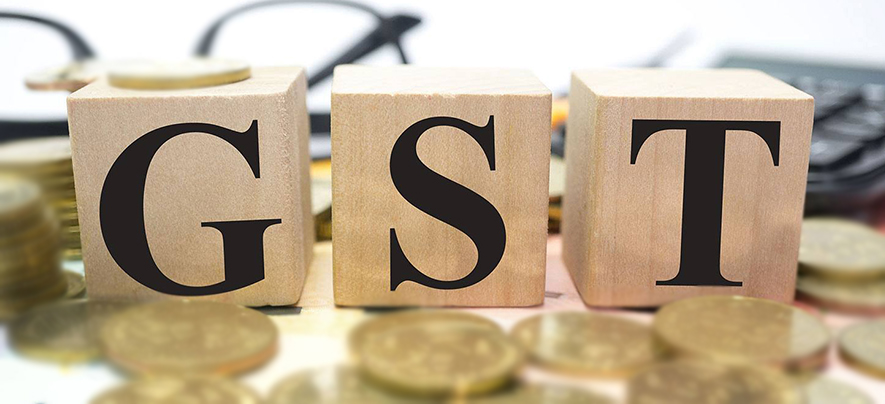28th GST Council Meet Highlights: Simplified return filing, rate cuts for consumer goods

GST
350 week ago — 4 min read
Summary: The meeting of the GST Council on July 21, 2018 has wide implications for consumers and the economy. Tax filing norms have been eased for businesses with an annual revenue up to INR 5 crore.Rate cuts on several consumer goods have also been announced.
The GST Council met on Saturday, July 21, 2018 and made significant changes to the tax structure.
Trimming of the 28% tax bracket
There are only 35 items left from 226 items in the highest tax bracket since the reform on July 1, 2017. The items in this slab include AC, digital camera, video recorders, dish washing machine and automobiles, etc. and demerit/sin items like tobacco, cigarette and pan masala in the highest tax bracket i.e. 28%. Reducing the rate on items that were currently taxed at 28 percent would potentially have a revenue implication of INR 6,000 crore said Assam Finance Minister Himanta Biswa Sarma.
The GST Council has also decided to levy GST on transaction value of hotel rooms instead of declared tariffs thereby giving relief to the hospitality sector and consumers.
The view of the experts is that, going forward, as tax revenue targets are achieved the GST Council may look at a further trimming of the highest tax bracket. Only super-luxury and sin goods would remain on that list.
Deloitte India Partner M S Mani said, “It would be ideal if only demerit goods are retained in the 28 per cent slab so that a gradual movement towards having fewer GST slabs can be initiated."
Ernst and Young partner, Abhishek Jain said, "The reduction of GST rates from 28 per cent to 18 per cent shows that directionally, the Government seems to be clear that the 28 per cent rate should be restricted to super luxury and sin goods.”
Change in tax filing norms for SMEs
Piyush Goyal presided over the first meeting of the GST Council since he took charge as an interim Finance Minister in May 2018.
The Council decreed that business with revenue up to INR 5 Crore per annum would only need to file taxes quarterly however will be paying taxes on monthly basis thereby reducing the compliance burden. This applies to 93% of all businesses in the country today and reduces the quantum of paperwork required by the firms in question considerably. Tax will still be paid on a monthly basis despite the change in filing requirements. According to the Finance Ministry, quarterly return shall be similar to main return with monthly payment facility but for two kinds of registered persons - small traders making only business-to-business and business-to-consumer enterprises supply.
For such taxpayers, two simplified returns - Sahaj and Sugam - have been designed. "In these returns details of information required to be filled is lesser than that in the regular return," the Ministry said in a statement.
"The decisions relating to simplification of returns and especially keeping the interests of small taxpayers are noteworthy. This would facilitate ease of doing business both for small and large taxpayers," FICCI President Rashesh Shah said.
The Council also decided to defer the implementation of the reverse charge mechanism to September next year.
The changes in tax rates will come into effect from July 27, 2018. The next GST Council meeting will be held on August 4, 2018.
Posted by
GlobalLinker StaffWe are a team of experienced industry professionals committed to sharing our knowledge and skills with small & medium enterprises.
View GlobalLinker 's profile
Most read this week
Trending













Comments
Share this content
Please login or Register to join the discussion